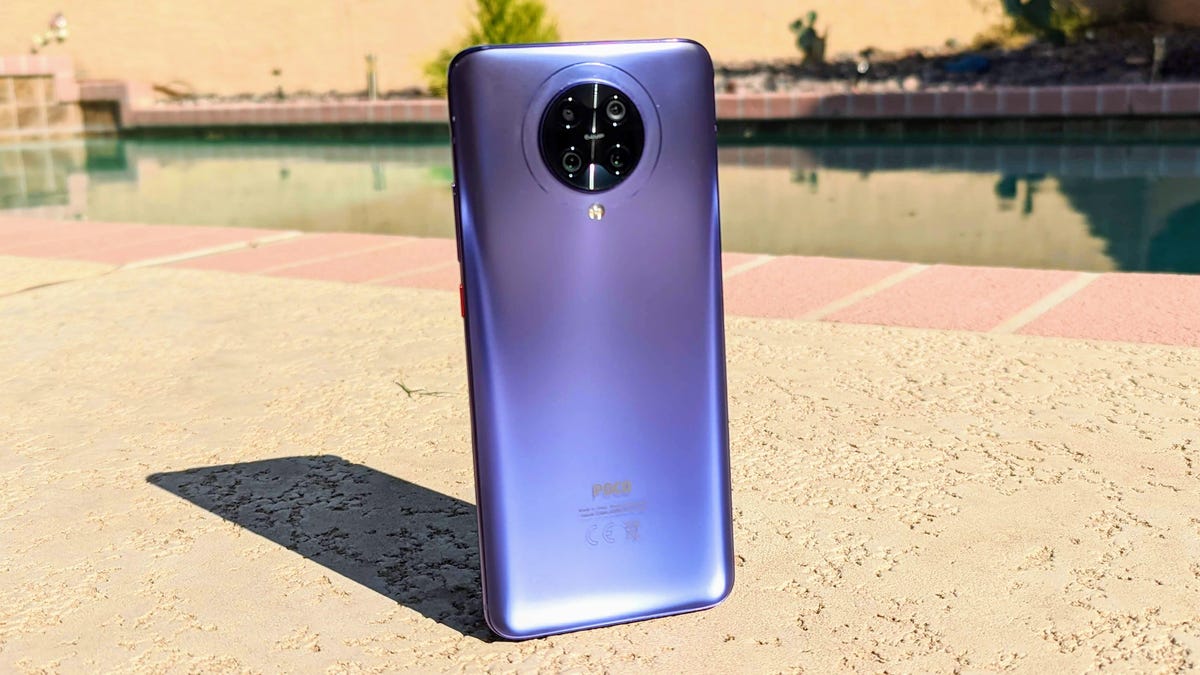Qualcomm's new chip will boost gaming on phones from Motorola, Xiaomi and others
The Snapdragon 870 will power phones from Motorola, OnePlus, Oppo and Xiaomi that likely will cost less than $800.

Xiaomi will use Qualcomm's new Snapdragon 870 in upcoming phones.
Qualcomm just launched a new high-end Snapdragon 888 smartphone processor, but it's already got another chipset available to power slightly cheaper phones . The company on Tuesday unveiled its Snapdragon 870, which will be used by companies like Motorola and Xiaomi in their upcoming devices.
The Snapdragon 888, unveiled in December, powers Samsung's new Galaxy S21 lineup and will be in most high-end Android phones hitting the market this year. It's aimed at flagship phones considered to be the best-of-the-best, as well as the priciest. The Snapdragon 870 falls a step below that.
It's not quite as powerful as the 888, but its CPU and GPU are about 10% better than the Snapdragon 865, Qualcomm's highest-end chipset for Android phones from the previous year. By comparison, the Snapdragon 888 provides a 25% improvement in CPU and a 35% boost in GPU over the Snapdragon 865. The new Snapdragon 870 "is designed to deliver increased performance across the board for geared-up gameplay," Qualcomm said.
The continued advance of 5G is more critical than ever now that the coronavirus has radically changed our world. People are stuck at home and are maintaining their distance from each other, forcing them to rely on home broadband service -- something 5G could amp up. The next-generation cellular technology, which boasts anywhere from 10 to 100 times the speed of 4G and rapid-fire responsiveness, could improve everything from simple video conferencing to telemedicine and advanced augmented and virtual reality. Gaming is one area that's expected to benefit from 5G's responsiveness and fast speeds.
Notably, the Snapdragon 870, like the Snapdragon 865 and 865 Plus processor before it, doesn't have an 5G modem that's integrated on the same chipset as the brains of the device. Integrated chips, like the Snapdragon 888, allow for better battery life, lower costs and thinner and lighter designs. In the case of the Snapdragon 870, handset makers will have to buy a separate Qualcomm 5G modem to connect the device to cellular networks.
Motorola, iQOO, OnePlus , Oppo and Xiaomi all plan to introduce phones with the processor starting in the first quarter of the year. They'll likely be priced below $800.
"Benefiting from the powerful performance of the new Snapdragon 870 5G Mobile Platform, we will continue to build high-end flagship device and bring more surprises to global consumers regarding 5G, camera, AI and more," Lei Zhang, vice president of Mi Smartphone and general manager of hardware R&D at Xiaomi, said in a statement.
Xiaomi last week came under fire from the Trump administration for being what the US calls a "Communist Chinese military" company. The designation isn't as severe as what Huawei has faced -- American companies like Qualcomm aren't allowed to sell components to Huawei -- but it forces American investors to sell their stakes in the Chinese handset maker. Huawei's troubles with the US had opened an opportunity for Xiaomi to gain more buyers, both inside China and out. In the third quarter of 2020, Xiaomi surpassed Apple to became the world's third biggest handset vendor. But the new designation creates an overhang on Xiaomi and raises worries it soon could face a US export ban like Huawei.
"If Xiaomi is included in the US Entity List (ie, export ban), it would significantly impact its ability to procure components ... to make smartphones," Jefferies analyst Edison Lee noted. He estimated that Xiaomi gets about 70% of its smartphone processors from Qualcomm.

